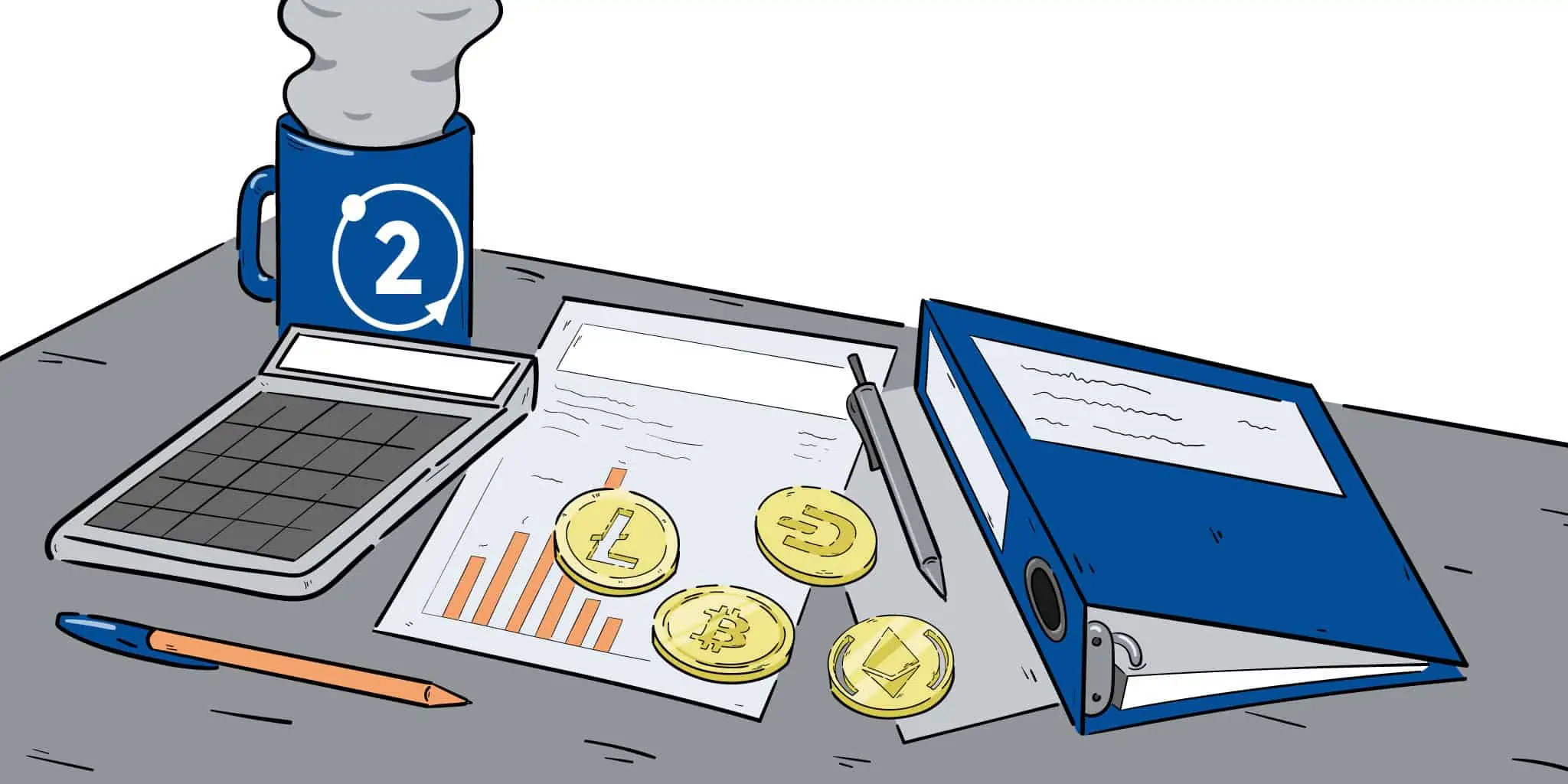
The IOTA Foundation has supported the FATF's AML/CFT reviews, promoting a risk-based approach and innovative solutions such as tokenized KYC to balance compliance and privacy, and foster financial inclusion in the digital age.
In an effort to strengthen global financial security, the IOTA Foundation has expressed its support for the Financial Action Task Force's (FATF) proposed revisions to anti-money laundering (AML) and countering the financing of terrorism (CFT) regulations. These updates seek to implement a risk-based approach, reduce excessive compliance, and simplify requirements for startups.
BUY IOTA HEREThe IOTA Foundation highlighted in a recent publication the importance of digital identity in secure transactions, proposing innovative solutions, such as Tokenized KYC for DeFi, which balance regulatory compliance with user privacy. Furthermore, with these initiatives, the foundation seeks to promote financial inclusion, a crucial aspect in the digital age.
By advocating for proportionate and efficient regulations, the IOTA Foundation seeks to contribute to a safer and more accessible financial environment for all.
IOTA supports proportional risk-based regulation
The IOTA Foundation strongly supports the FATF's proposal to replace the term "commensurate" with "proportional" when discussing risk management measures. This seemingly subtle change has profound implications, as it brings greater clarity to regulatory expectations and aligns closely with efforts to promote financial inclusion.
Adopting the term "Proportional" implies that the measures must adjusted according to the actual risk level, which is especially relevant for emerging technologies. The FATF is an intergovernmental organization that sets international standards to combat money laundering and terrorist financing. Adopting a proportional approach allows virtual asset service providers (VASPs) and other emerging entities to implement risk mitigation strategies more tailored to their size and the nature of their operations. This is essential to avoid the imposition of excessive regulatory burdens that could stifle innovation and limit access to financial services for disadvantaged populations. Therefore, a regulatory framework clear and proportional It is essential to foster a more equitable and dynamic financial ecosystem.
GO TO BIT2ME LIFEIn practice, this means that companies operating with low risk could benefit from less onerous compliance requirements, freeing up resources for innovation and growth. It also facilitates the entry of new market participants without compromising the integrity of the financial system. Through this approach, organizations can foster greater competition and encourage the development of more accessible and affordable financial solutions for end users.
Addressing 'overcompliance' and practical risk mitigation
The FATF's proposed updates to its supervisory review of risk mitigation measures represent a significant step forward in reducing over-compliance. This amendment allows financial institutions and designated non-financial businesses and professions (DNFBPs), such as casinos, real estate agents, precious metal dealers, lawyers, notaries, accountants, and business service providers, to adopt more efficient risk mitigation strategies tailored to their needs.
Over-compliance can generate unnecessary costs and divert resources that could be used more productively. Therefore, by enabling a more accurate assessment of real risks, institutions can focus their efforts on the areas where they are most needed, thereby optimizing their resources and improving the effectiveness of their security measures. For example, small-scale financial activities could be subject to simplified due diligence, streamlining processes and reducing administrative burdens. This pragmatic approach contributes to creating a more inclusive financial ecosystem without compromising regulatory integrity, allowing compliance measures to be more accurately tailored to actual risk levels. explained the IOTA Foundation.
BUY IOTA ON BIT2MEBy adopting these measures, greater efficiency in risk management is promoted and a more dynamic and competitive financial environment is fostered. This translates into greater innovation and the creation of more accessible and affordable financial solutions for end users.
Promoting simplified compliance measures
By lowering barriers to entry, simplified compliance measures allow startups to develop new business models without facing unnecessary regulatory hurdles. These measures are therefore essential for fostering growth and competition in the financial sector, promoting innovation and diversification of services.
It's important to emphasize that simplifying compliance processes doesn't mean relaxing security standards, but rather optimizes resources and improves risk management efficiency, allowing companies to focus on their core business: innovating and offering better services to their customers without being burdened by excessive administrative burdens. Furthermore, a more flexible and adaptable regulatory environment facilitates the entry of new entrants into the market, fostering competition and promoting innovation. Ultimately, this benefits consumers, who have access to a wider range of financial services at more competitive prices.

Course on Taxation of Bitcoin and other Cryptocurrencies in Spain (only in Spanish)
Medium levelLearn from experts in the Tax area all the details about the taxation of cryptocurrencies in Spain.
Balancing compliance with privacy in DeFi
The IOTA Foundation has demonstrated a significant commitment to responsible financial regulation and technological innovation. By supporting the Financial Action Task Force (FATF) reviews of AML/CFT, IOTA seeks to balance regulatory compliance with user privacy. The Foundation highlighted that one of its most notable solutions is the use of tokenized Know Your Customer (KYC) proofs, which allows users to verify their identity securely and privately. This innovation, introduced within the European Blockchain Regulatory Sandbox, represents a crucial advance in the decentralization of financial services, while protecting privacy and facilitating regulatory compliance.
IOTA's implementation of tokenized KYC solutions not only contributes to a more secure and transparent DeFi ecosystem, but also encourages responsible adoption of decentralized finance.
BUY IOTABy maintaining control over their personal data, users can engage in secure and regulated financial transactions. This innovative approach reinforces the IOTA Foundation's commitment to creating an inclusive and innovative financial environment, where technology and regulation work in harmony for the benefit of all.
Investing in cryptoassets is not fully regulated, may not be suitable for retail investors due to high volatility and there is a risk of losing all invested amounts.



